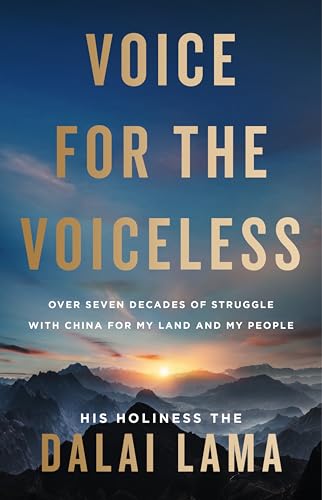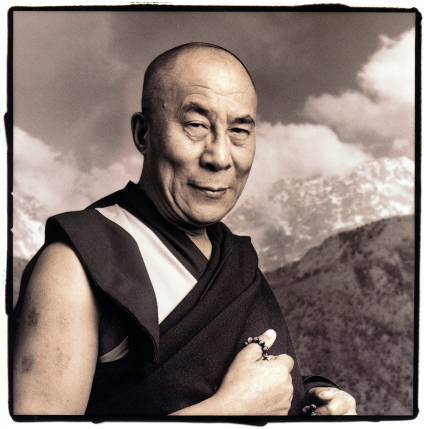
In this unique book offering personal, spiritual, and historical reflections—some never shared before—His Holiness the Dalai Lama tells the full story of his struggle with China to save Tibet and its people for nearly seventy-five years. The Dalai Lama has had to contend with the People’s Republic of China for about his entire life. He was sixteen years old when Communist China invaded Tibet in 1950, only nineteen when he had his first meeting with Chairman Mao in Beijing, and twenty-five when he was forced to escape to India and became a leader in exile. In the decades since, he has faced Communist China’s leaders—Mao Zedong, Deng Xiaoping, Jiang Zemin, Hu Jintao, and Xi Jinping—in his efforts to protect Tibet and its people, with their distinct language, culture, religion, history, and environment, in the face of the greatest possible obstacles. Now, almost seventy-five years after China’s initial invasion of Tibet, the Dalai Lama reminds the world of Tibet’s unresolved struggle for freedom and the hardship his people continue to face in their own homeland. He offers his thoughts on the geopolitics of the region and shares how he personally was able to preserve his own humanity through the profound losses and challenges that threaten the very survival of the Tibetan people. This book captures the Dalai Lama’s extraordinary life journey—discovering what it means to lose your home to a repressive invader and to build a life in exile; dealing with the existential crisis of a nation, its people, and its culture and religion; and envisioning the path forward. Voice for the Voiceless is a powerful testimony from a global icon, who shares both his pain and his enduring hope in his people’s ongoing quest to restore dignity and freedom.
Author

Jetsun Jamphel Ngawang Lobsang Yeshe Tenzin Gyatso (born Lhamo Döndrub), the 14th Dalai Lama, is a practicing member of the Gelug School of Tibetan Buddhism and is influential as a Nobel Peace Prize laureate, the world's most famous Buddhist monk, and the leader of the exiled Tibetan government in India. Tenzin Gyatso was the fifth of sixteen children born to a farming family. He was proclaimed the tulku (an Enlightened lama who has consciously decided to take rebirth) of the 13th Dalai Lama at the age of two. On 17 November 1950, at the age of 15, he was enthroned as Tibet's ruler. Thus he became Tibet's most important political ruler just one month after the People's Republic of China's invasion of Tibet on 7 October 1950. In 1954, he went to Beijing to attempt peace talks with Mao Zedong and other leaders of the PRC. These talks ultimately failed. After a failed uprising and the collapse of the Tibetan resistance movement in 1959, the Dalai Lama left for India, where he was active in establishing the Central Tibetan Administration (the Tibetan Government in Exile) and in seeking to preserve Tibetan culture and education among the thousands of refugees who accompanied him. Tenzin Gyatso is a charismatic figure and noted public speaker. This Dalai Lama is the first to travel to the West. There, he has helped to spread Buddhism and to promote the concepts of universal responsibility, secular ethics, and religious harmony. He was awarded the Nobel Peace Prize in 1989, honorary Canadian citizenship in 2006, and the United States Congressional Gold Medal on 17 October 2007.